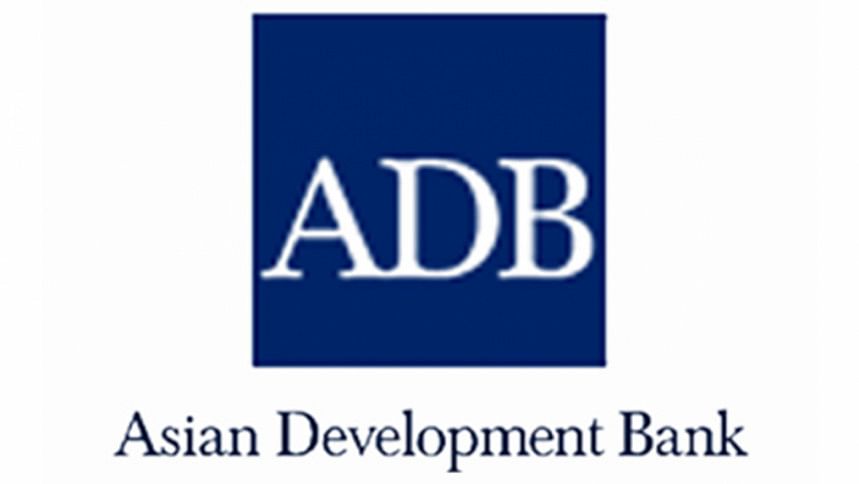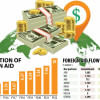ADB provides $200m to upgrade rural road network in Bangladesh

The Asian Development Bank (ADB) and the government of Bangladesh today signed agreements for $200 million in loans to improve the rural road network in Bangladesh.
Monowar Ahmed, secretary to the Economic Relations Division (ERD), and Manmohan Parkash, country director of ADB, signed the agreements on behalf of Bangladesh and ADB respectively at a ceremony in Dhaka.
"The assistance supports the government's priority of delivering urban services in rural areas by increasing connectivity, providing greater access to social services and markets, and promoting the agriculture sector, benefiting over 51.5 million people," said ADB Country Director Manmohan Parkash.
"It will also improve transport efficiency, generate 3.13 million person-days employment, introduce high-level technology to enhance road master planning, and create road safety awareness among rural population."
The assistance will support the government's Rural Connectivity Improvement Project (RCIP) to upgrade about 1,700 kilometres of rural roads to all-weather standards in 34 districts located in five divisions.
The total cost of the project, which is due for completion in November 2023, is $285.31 million.
ADB will provide a concessional loan of $100 million and a regular loan of $100 million. The government will provide the remaining $85.31 million.
The project will also improve the capacity of the rural infrastructure agency for rural road development, and enhance rural road master planning to enable the selection of priority rural roads for improvement using a geographic information system (GIS) covering the entire country.
The GIS technology will help identify agricultural value chains, road conditions, and mechanisms for allocating priorities, optimising the use of available resources for effective rural road network planning and improvement.
The roads will be designed with safety features, including signage, guard posts, and speed breakers.
They will also adopt climate resilient designs incorporating features such as elevated paving, drainage, road foundations, and earthworks to significantly reduce maintenance.
The roads will be covered under contractual maintenance for 5 years after the date of construction on a pilot basis. Selection of roads takes into consideration factors such as population size, agricultural potential, the number of farms and commercial establishments, and economic potential.
The project also prioritises repair of roads damaged by flashfloods in 2017.
The project will provide training to the Local Government Engineering Department on road and financial management, road safety, climate resilient design and construction, improving road users' awareness, and enhancing women's skills on road construction and maintenance.
An ADB technical assistance grant of $1 million will support these activities.
Over 2,400 women were consulted in the project area during project design and they appreciated that it will give them more access to economic opportunities and services.
Only about 40% of the rural population in Bangladesh has access to all-weather roads, and these roads make up only 28% of the total length of rural roads in the country, according to ADB.
Guided by the Seventh Five Year Plan, the government has embarked on an effort to improve the country's rural road network, aiming to increase the percentage of rural roads classified as good from 43% in 2016 to 80% in 2020.

 For all latest news, follow The Daily Star's Google News channel.
For all latest news, follow The Daily Star's Google News channel. 








Comments